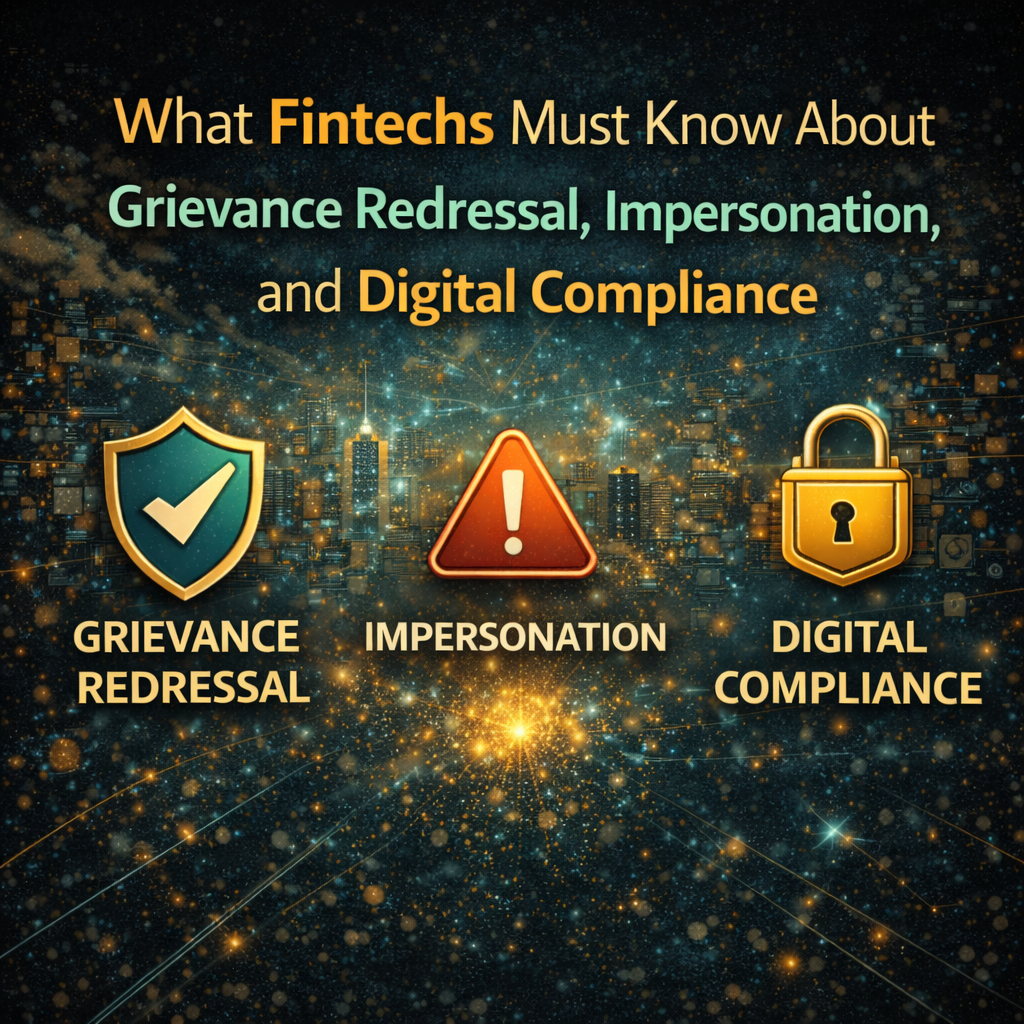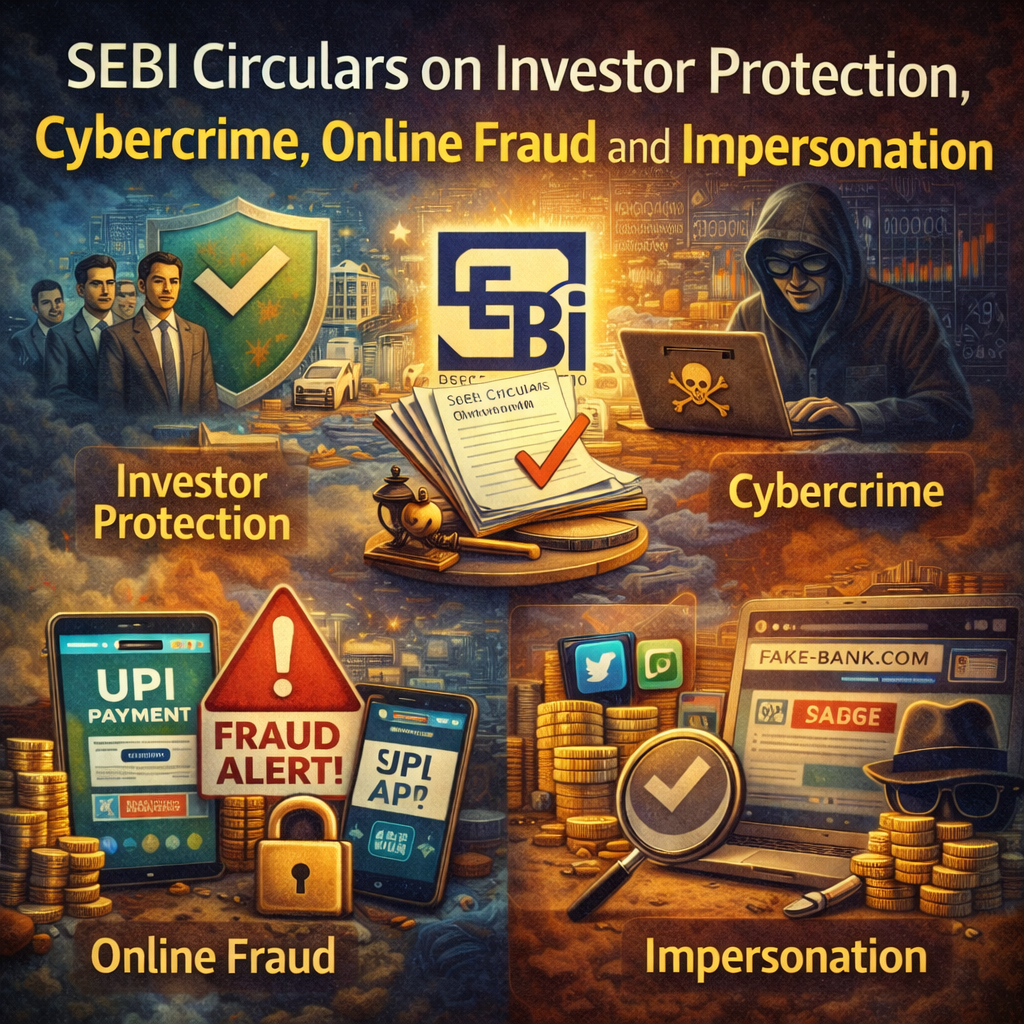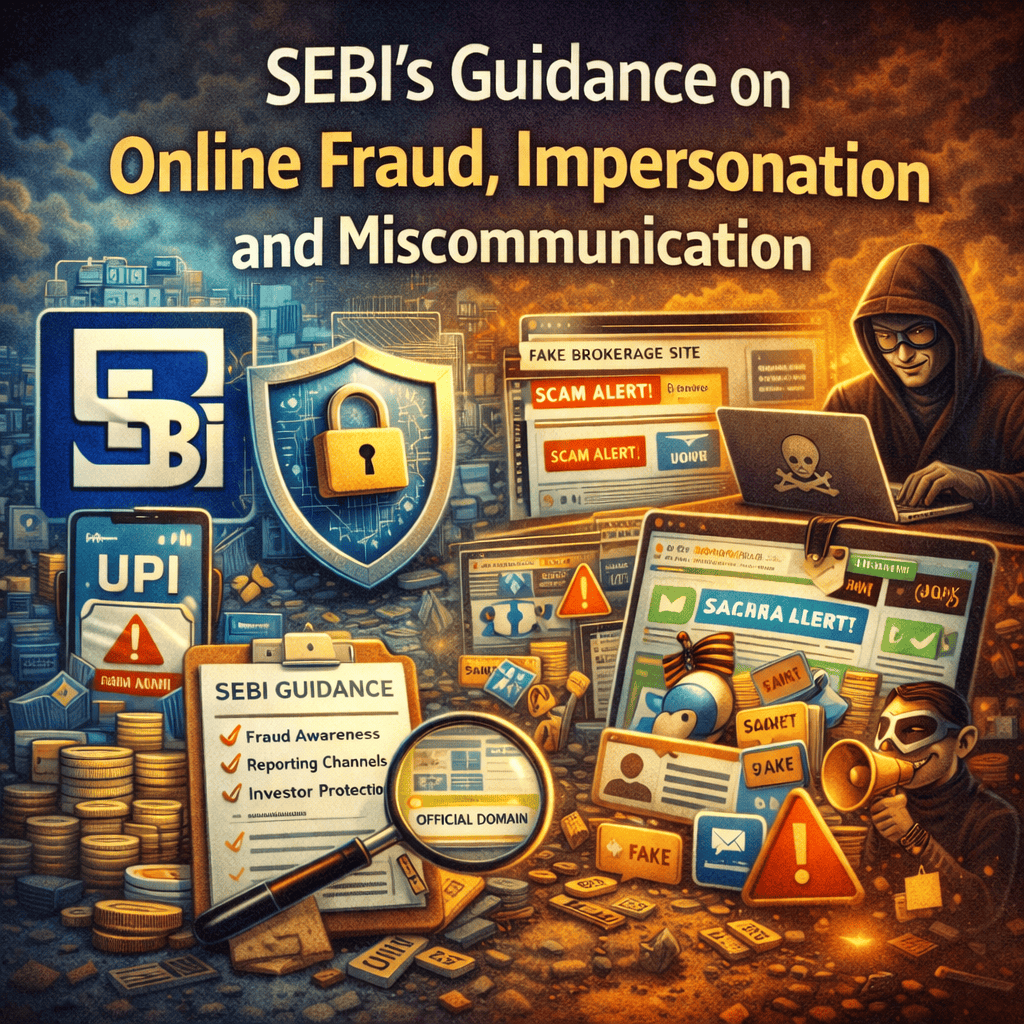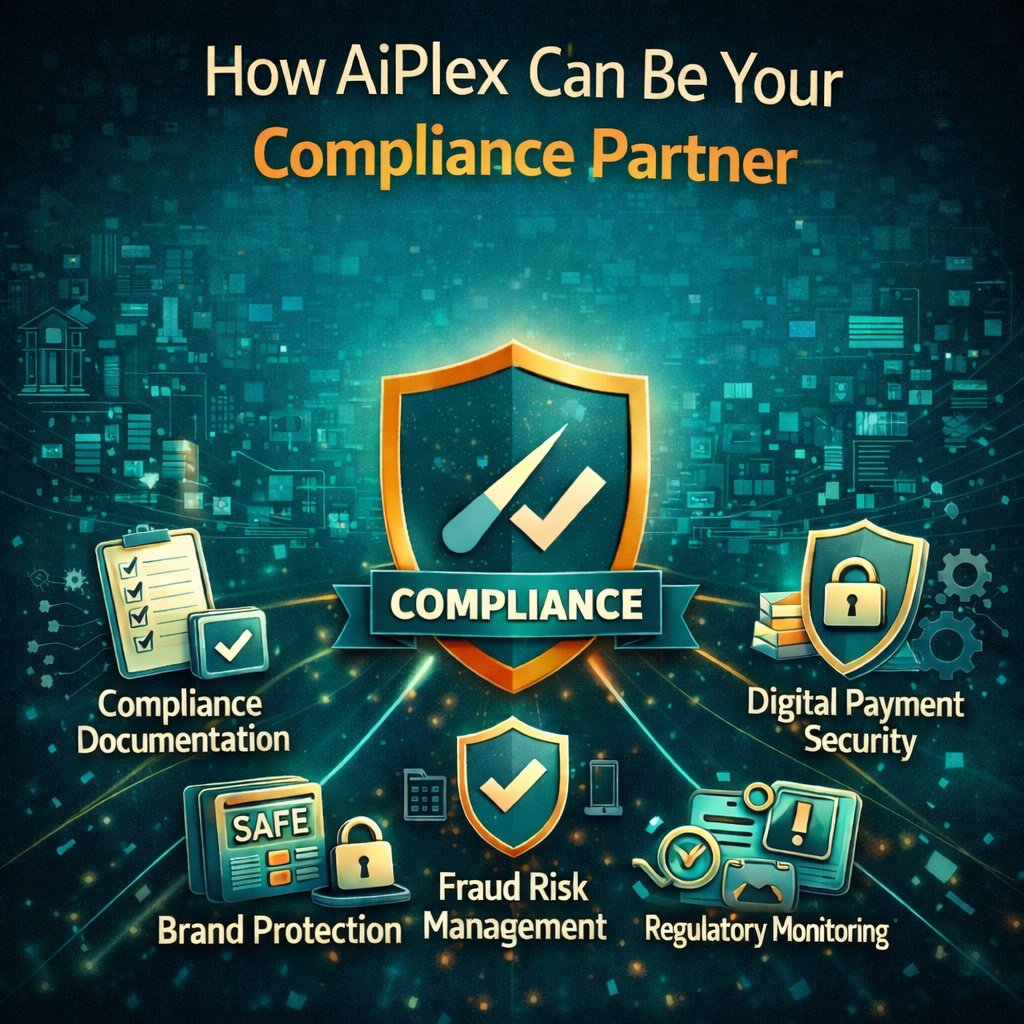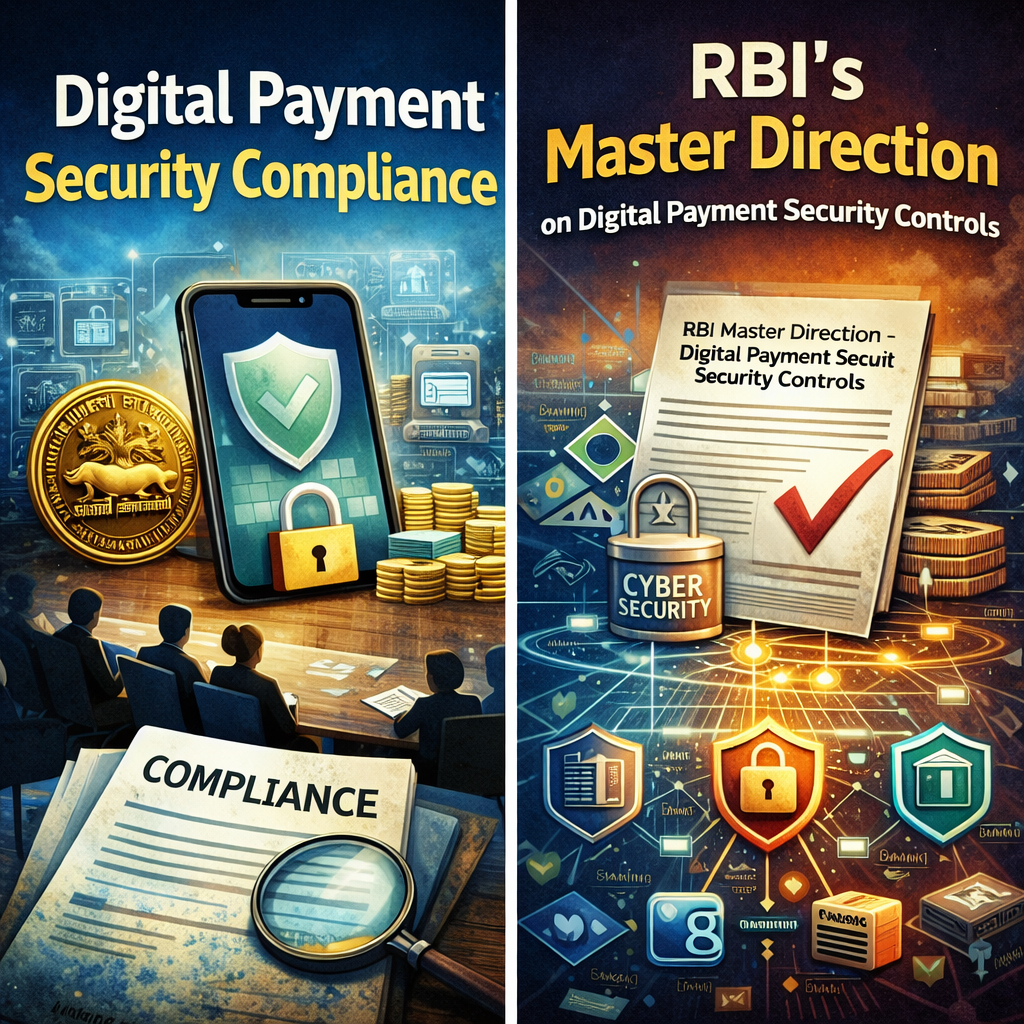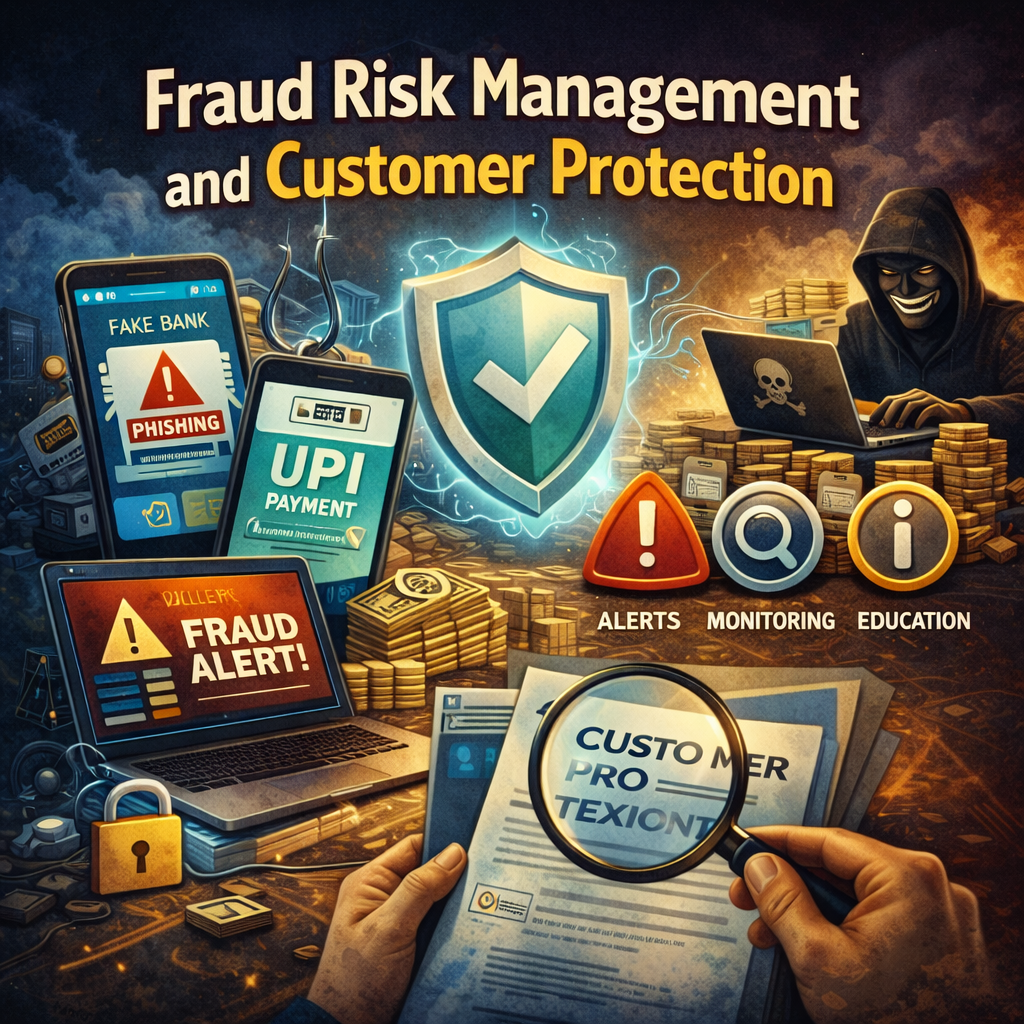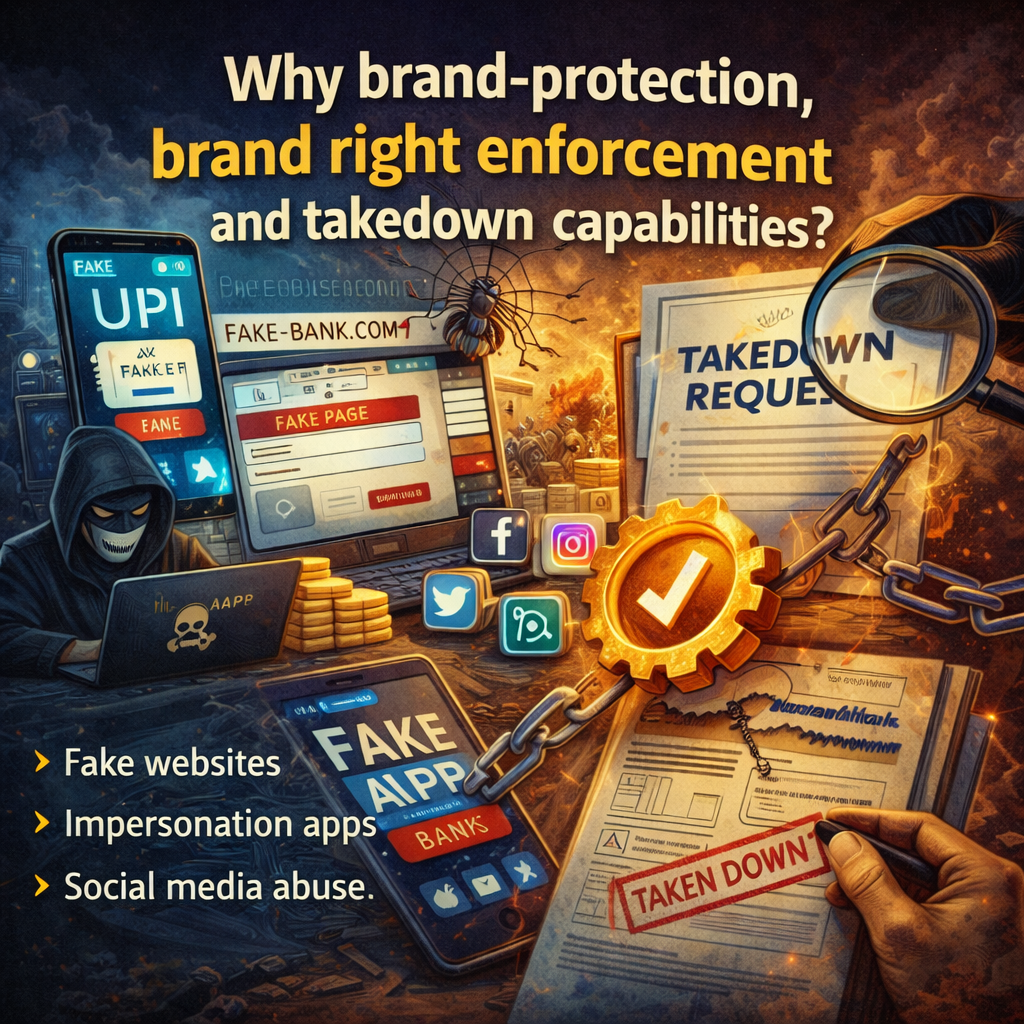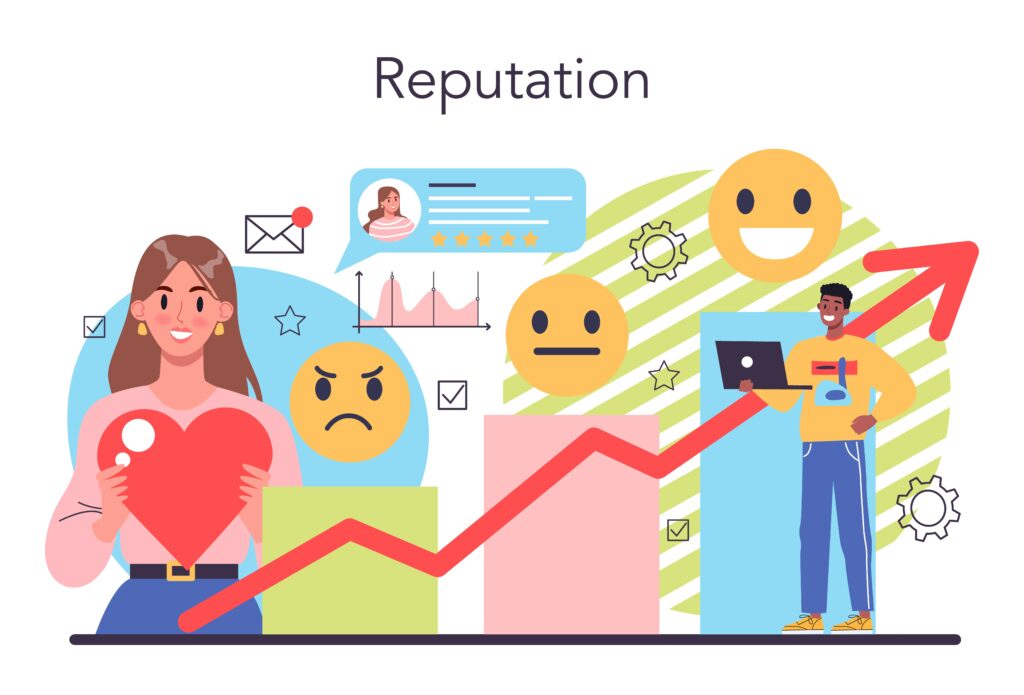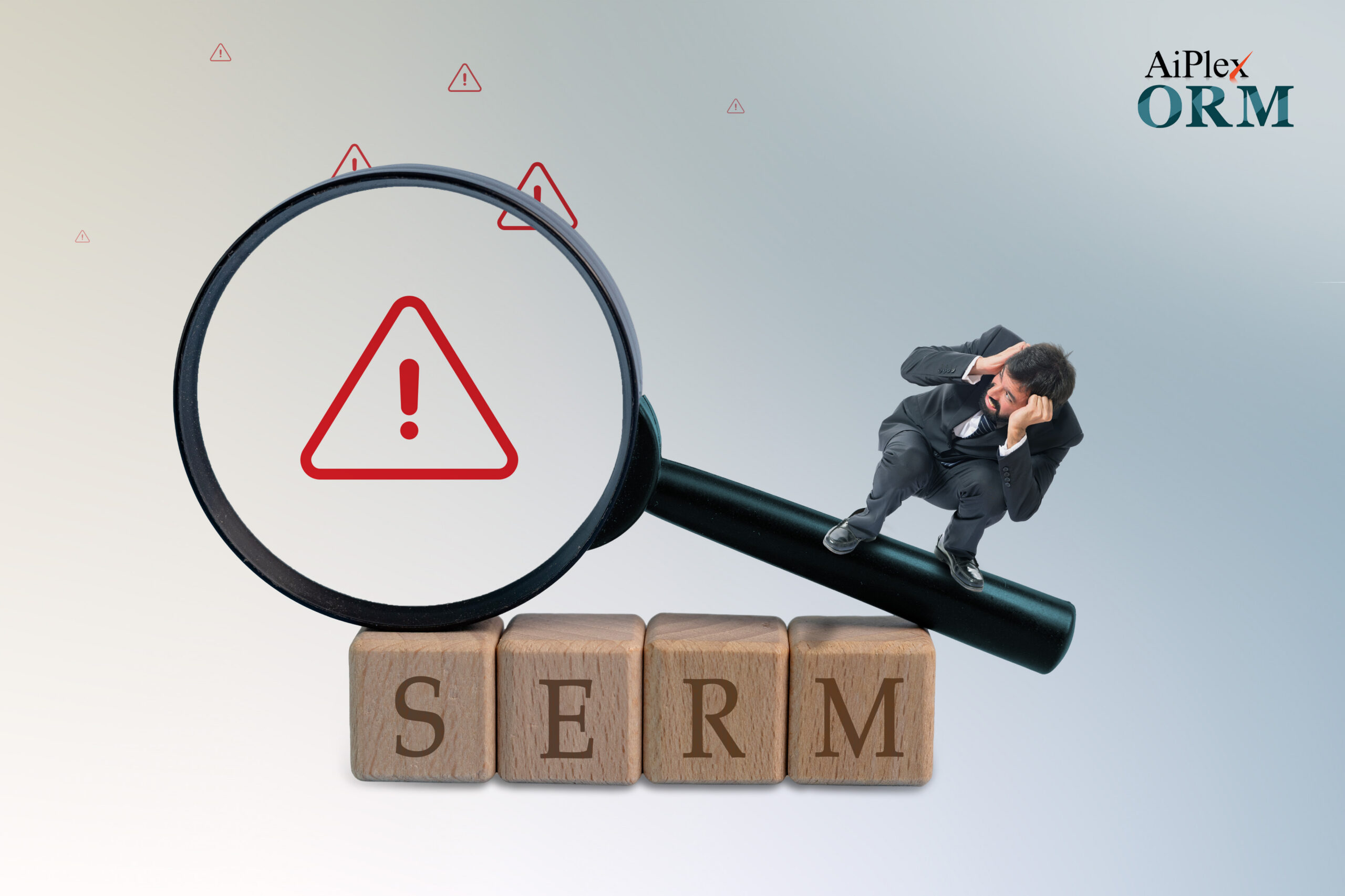India’s fintech ecosystem (lending apps, stock broking apps, wealth management and PMS businesses- “regulated entities”), operates at the intersection of technology, finance, and regulation.
While innovation and widespread digitization have accelerated access to credit, payments, investments, and digital banking, it has also expanded the attack surface for fraudsters.
Fake customer-support numbers, social media, WhatsApp, Telegram presence, clone websites, impersonated mobile apps, and misleading advertisements have become routine tools for financial crime.
Recognising these risks, Indian regulators and lawmakers have strengthened the legal framework governing online platforms, intermediaries, and digital content.
The Information Technology Act, 2000 (IT Act) and the Information Technology (Intermediary Guidelines and Digital Media Ethics Code) Rules, 2021 now play a direct role in how fintechs protect customers, manage brand misuse, and demonstrate compliance.
For regulated financial entities, these laws are no longer abstract “platform regulations”. They are deeply connected to consumer protection, fraud prevention, grievance handling, and supervisory expectations from RBI, SEBI, and other regulators.
From the IT Act, 2000, to the 2021 Intermediary Rules
The IT Act, 200,0 laid the foundation for India’s digital economy by recognising electronic records, digital signatures, and cyber offences.
Of particular importance to fintechs is Section 79, which introduced intermediary liability and the concept of safe harbour.
However, the scale and sophistication of digital fraud have increased dramatically since 2000.
Financial scams today rely heavily on:
- Impersonation of key stakeholders
- Misuse of brand names and logos
- Fake customer care presence
- Fake apps and phishing websites
- Fraudulent ads and social media posts
To address this, the government notified the Intermediary Guidelines and Digital Media Ethics Code Rules, 2021, which significantly tightened due-diligence, grievance-redressal, and content-takedown obligations.
For fintechs, the practical implication is clear: digital fraud and impersonation risks now intersect directly with statutory compliance obligations.
Who Is an “Intermediary” and Why It Matters to Fintechs
Broad Definition, Real Impact
Under the IT Act, an intermediary includes any entity that receives, stores, transmits, or provides services related to electronic records on behalf of another person.
This includes:
- App stores hosting fintech applications
- Search engines displaying fintech ads and links
- Social media platforms where brands communicate with users
- Marketplaces and aggregators distributing financial products
Messaging platforms are used for customer communication
While fintechs themselves may not always be intermediaries, their digital presence is entirely dependent on intermediaries. Any impersonation or misuse occurring on these platforms directly affects fintech customers and brand trust.
Conditional Safe Harbour
Intermediaries enjoy safe-harbour protection under Section 79 only if they comply with prescribed due-diligence obligations.
This protection is conditional on:
- Publishing clear content policies
- Acting on complaints and lawful notices
- Removing or disabling access to unlawful content promptly
If intermediaries fail to act, regulators increasingly expect regulated financial entities to demonstrate that they took reasonable steps to flag and mitigate the risk.
Rule 3 of the IT Rules, 2021: Due Diligence and Fintech Risk
Rule 3 sets out detailed due-diligence requirements that have direct relevance for fintech-related fraud.
Mandatory Policies and User Communication
Intermediaries must publish rules, privacy policies, and user agreements that prohibit hosting or sharing unlawful content.
Importantly, these policies must clearly cover content that:
- Is patently false or misleading
- Impersonates another person or entity
- Facilitates fraud, cheating, or deception
This explicitly covers many common fintech scam vectors, including fake loan offers, fraudulent investment guarantees, and impersonated customer-support channels.

Impersonation and Fraud: A Core Compliance Risk for Fintechs
Rule 3 and Impersonation Content
Rule 3(1)(b) specifically identifies impersonation and misleading information as prohibited categories. Once notified, intermediaries are required to restrict such content.
For fintechs, this means:
- Fake apps using similar names or logos
- Look-alike websites mimicking login pages
- Social media accounts posing as official handles
- Ads falsely claiming association with regulated entities
All these fall squarely within the scope of Rule 3 violations.
Section 66D of the IT Act: Cheating by Personation
Section 66D criminalises cheating by personation using computer resources.
This provision is frequently invoked in cases involving:
- Phishing attacks targeting fintech users
- Fraudulent KYC update messages
- Impersonated investment advisors or trading platforms
Such conduct is also recognised under corresponding provisions of the Bharatiya Nyaya Sanhita, reinforcing its seriousness as a criminal offence.
From a regulatory perspective, fintechs are expected to detect, document, and escalate such incidents, not merely react after customer losses occur.
Grievance Redressal: Timelines Fintechs Cannot Ignore
One of the most operationally significant aspects of the 2021 Rules is the formalisation of grievance redressal.
Grievance Officer Requirements
Every intermediary must appoint a Grievance Officer in India and publish their contact details. This creates a defined escalation channel for victims of impersonation and fraud.
Statutory Timelines
The Rules mandate:
- Acknowledgement of complaints within 24 hours
- Resolution within 15 days, including takedown decisions
For fintech brands dealing with multiple impersonation incidents across platforms, meeting these timelines consistently requires structured evidence, precise legal framing, and follow-ups.
Significant Social Media Intermediaries and Financial Fraud
Platforms classified as Significant Social Media Intermediaries (SSMIs) face additional obligations, including:
- Appointment of a Chief Compliance Officer
- Appointment of a Resident Grievance Officer
- Appointment of a nodal contact for law enforcement
They must also publish monthly compliance reports detailing complaints and content removals. This transparency increases scrutiny on how impersonation and financial fraud complaints are handled.
For fintechs, this means that well-documented, rule-aligned complaints are far more likely to result in swift takedowns.
Digital Media, Ads, and Financial Misinformation
Financial misinformation is not limited to social media. Fake news portals, sponsored articles, and misleading OTT advertisements can also misrepresent financial products.
Under the IT Rules, digital publishers must follow a three-tier grievance redressal mechanism, appoint grievance officers, and resolve complaints within defined timelines. This provides fintechs with a regulatory pathway to challenge misleading content that damages brand credibility or misleads consumers.
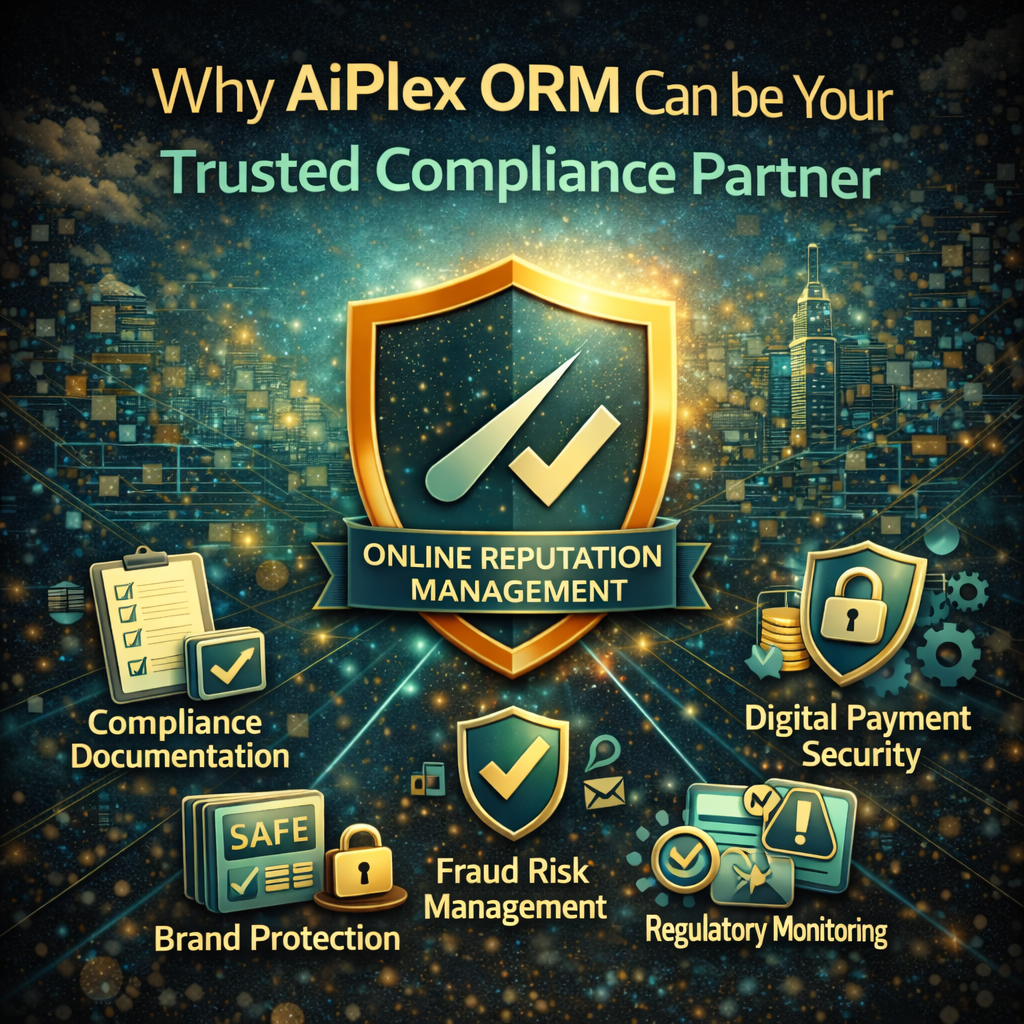
Why AiPlex ORM Can be Your Trusted Compliance Partner
The regulatory framework makes one thing clear: fintechs must demonstrate proactive digital risk management, not just reactive incident handling.
AiPlex ORM supports fintechs and financial institutions across three critical compliance dimensions:
24/7 Real-Time Monitoring & Identification of Impersonation and Fraud Risks
AiPlex ORM helps fintechs and regulated entities:
- Detect fake websites, apps, and domains
- Identify impersonated social media handles and ads
- Monitor misuse of brand names, logos, and executive identities in messaging platforms such as WhatsApp and Telegram.
This early detection is critical to prevent consumer harm and regulatory escalation.
Compliance-Aligned Grievance and Takedown Execution
AiPlex ORM prepares platform-specific, legally structured complaints by:
- Mapping violations to Rule 3 provisions
- Referencing the relevant IT Act and fraud sections
- Submitting evidence-ready notices that meet platform and statutory expectations
This enables intermediaries’ Grievance Officers to comply with the 24-hour and 15-day statutory timelines.
Evidence Support for Cyber-Crime and Regulatory Reporting
In cases involving Section 66D and organised fraud, AiPlex ORM provides:
- Consolidated evidence bundles
- Documentation suitable for cybercrime portals and law-enforcement escalation
- Audit-ready records demonstrating reasonable efforts at consumer protection
Why This Matters to Regulators and Boards
Regulators increasingly evaluate fintechs on their ability to manage third-party and digital ecosystem risks.
Persistent impersonation and unchecked online fraud can raise questions around:
- Consumer protection controls
- Operational risk management
- Board-level oversight of digital risk
A structured brand-protection and takedown program aligned with the IT Act and Intermediary Rules helps fintechs demonstrate regulatory maturity and governance readiness.
Compliance Is No Longer Optional in Digital Brand Protection
The IT Act and Intermediary Guidelines, 2021, have fundamentally changed how online fraud, impersonation, and grievance redressal are regulated in India. For fintechs and financial institutions, these are not peripheral laws, but they directly influence compliance posture, customer trust, and regulatory outcomes.
By working with a compliance-aligned partner like AiPlex ORM, fintechs can move from reactive takedowns to systematic digital risk governance, ensuring faster response times, stronger evidence trails, and measurable compliance outcomes.
In an environment of rising digital fraud and regulatory scrutiny, proactive brand protection is no longer a marketing function. It is a core compliance responsibility.
References
- Information Technology Act, 2000
- Information Technology (Intermediary Guidelines and Digital Media Ethics Code) Rules, 2021
- MeitY notifications on grievance redressal timelines.
